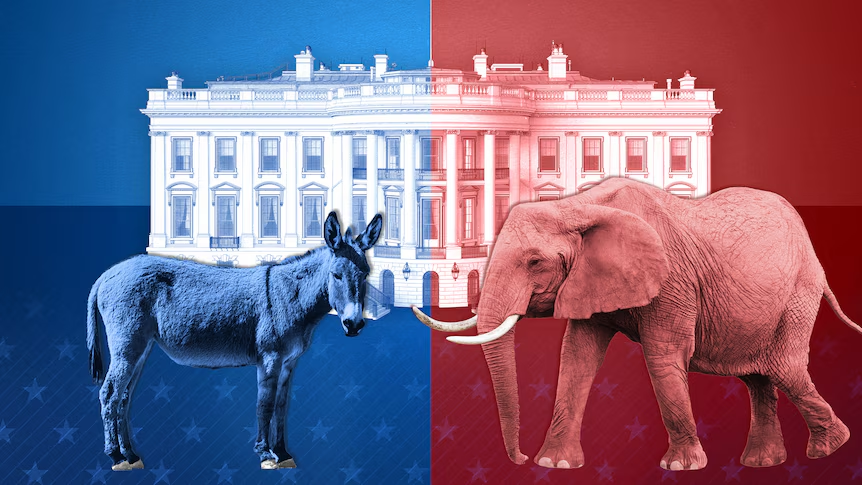
In the current climate, it may seem that every political discussion devolves into a dispute. Whether during classroom debates, family gatherings, or social media comment sections, individuals frequently fail to engage with each other, opting instead to talk over one another. But what if we could alter that dynamic? Adopting three straightforward practices like actively listening to understand, seeking a multitude of diverse news outlets, and acknowledging when you lack knowledge, can lead to more fruitful political conversations.
On the other hand, some individuals avoid political discussions entirely, Sophomore Jaida Crowe says, “I do not like talking about politics and I avoid political conversations by any means necessary.”
Many people participate in political discussions to prove their own beliefs instead of seeking new understanding. Instead of truly hearing the other person’s viewpoint, they focus on formulating their reply even before the speaker has finished expressing their thoughts. This often leads to frustration and misunderstanding. A more effective approach is to prioritize understanding the reasoning behind another person’s views. By pausing to consider their argument before replying, one can uncover common ground or at least gain a clearer insight into their perspective.
Depending solely on a single news outlet can result in a narrow and occasionally biased perspective of global events. Social media algorithms frequently strengthen current beliefs by presenting users with content that matches their existing views. To cultivate a comprehensive grasp of current affairs, it is essential to gather information from various sources, including those offering differing viewpoints. Examining various aspects of a situation can assist in distinguishing facts from opinions and minimizing the impact of information.
No individual has all the solutions, and pretending to have complete knowledge can result in more irritation than clarity during discussions. Instead of arguing over possibly inaccurate information, it’s wiser to acknowledge doubt and take the opportunity to learn more. Political discussions should emphasize understanding rather than winning, as well as valuing different viewpoints and expanding knowledge. Being open to new information encourages deeper and more respectful conversations.
Junior Daniel Baggs says, “I think that individuals could avoid many hateful political discussions by staying informed and avoiding false information.”
By practicing these habits, it is possible to have political discussions that are thoughtful and respectful rather than divisive. While disagreements will always exist, approaching conversations with an open mind and a willingness to learn can help create a more understanding and informed community.
